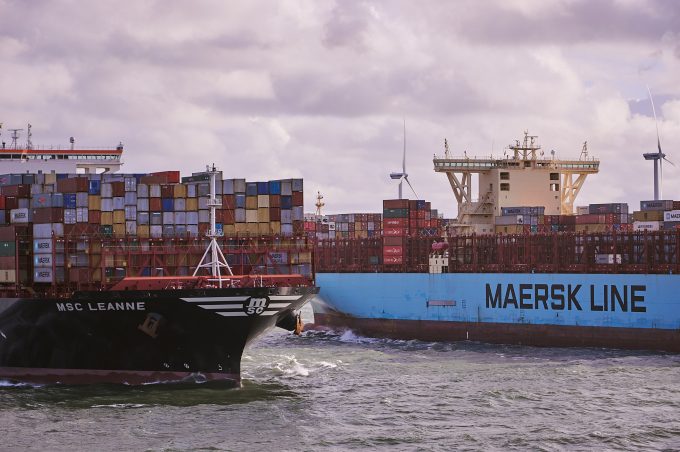X-press Pearl parties ordered to pay $1bn damages
In May 2021, cargo ship X-press Pearl carrying chemicals caught fire off the coast of ...

Drewry has waded into the debate over the European Commission’s consultation on the block exemption afforded to container lines serving the EU, which is due to expire in April 2020.
The consultant said it could see “validity in both points of view” – those for an ...

Comment on this article
Asaf Ashar
November 19, 2018 at 4:44 pmDrewry’s analysis has two unstated and untested assumptions, that viable competitors “must” operate ULCVs, providing services with daily frequency. If correct, the market’s entry barrier is too high, indeed.